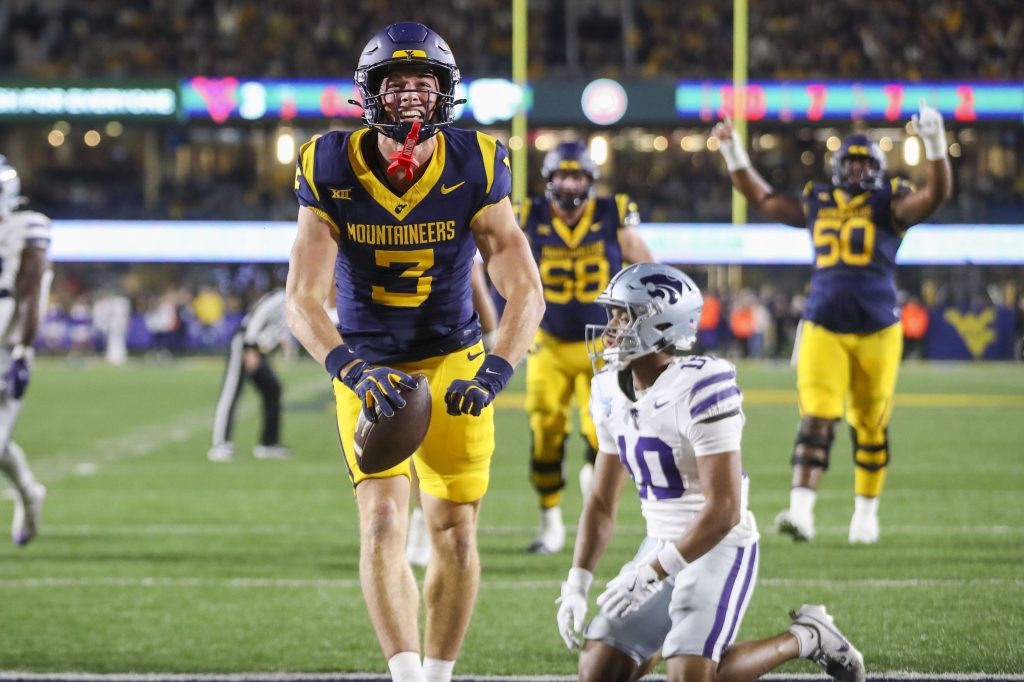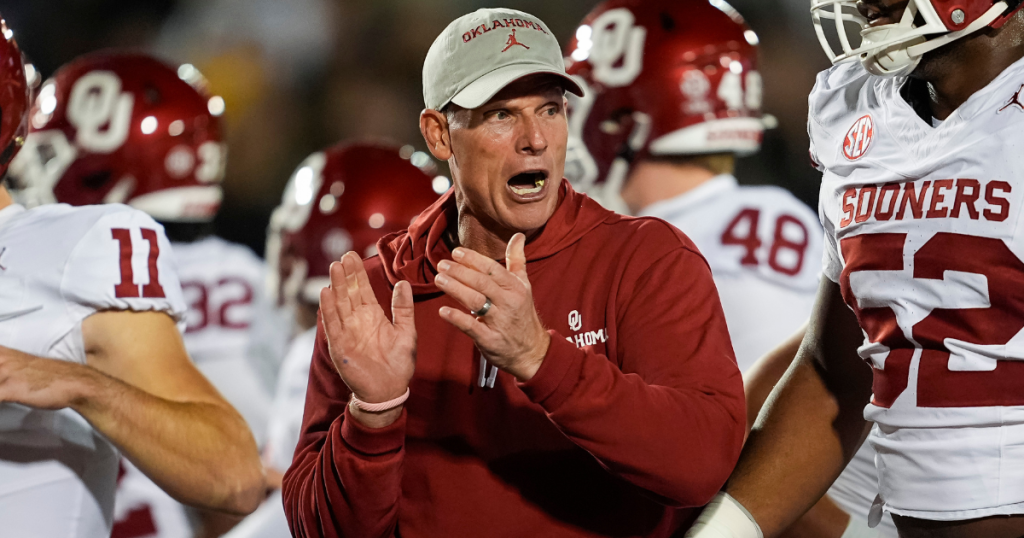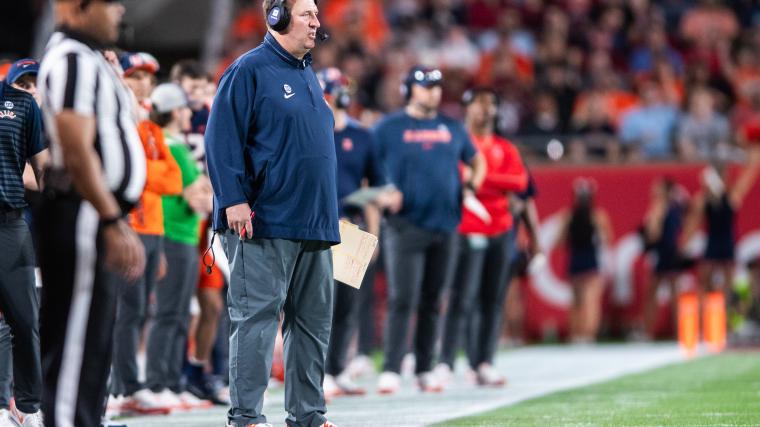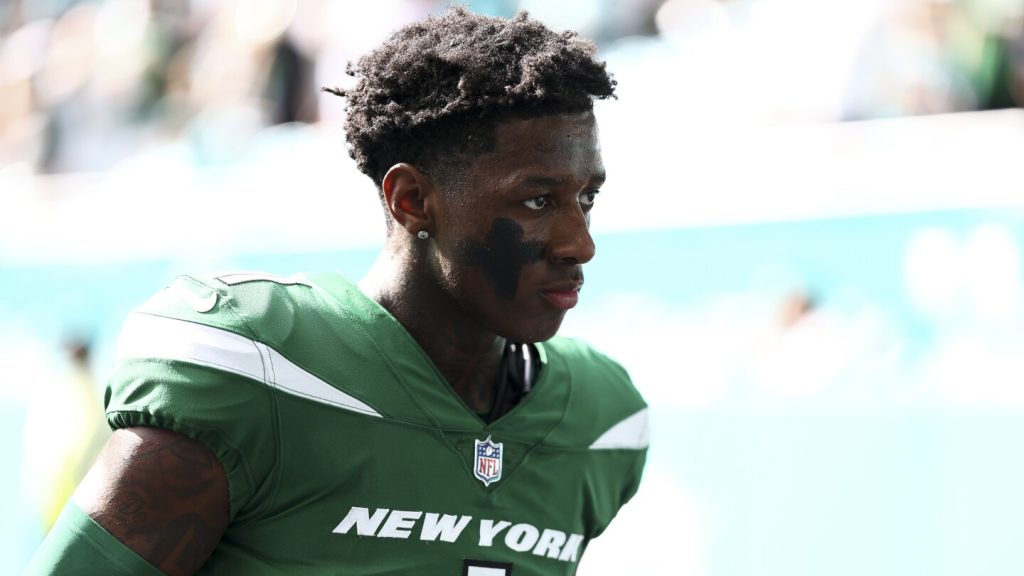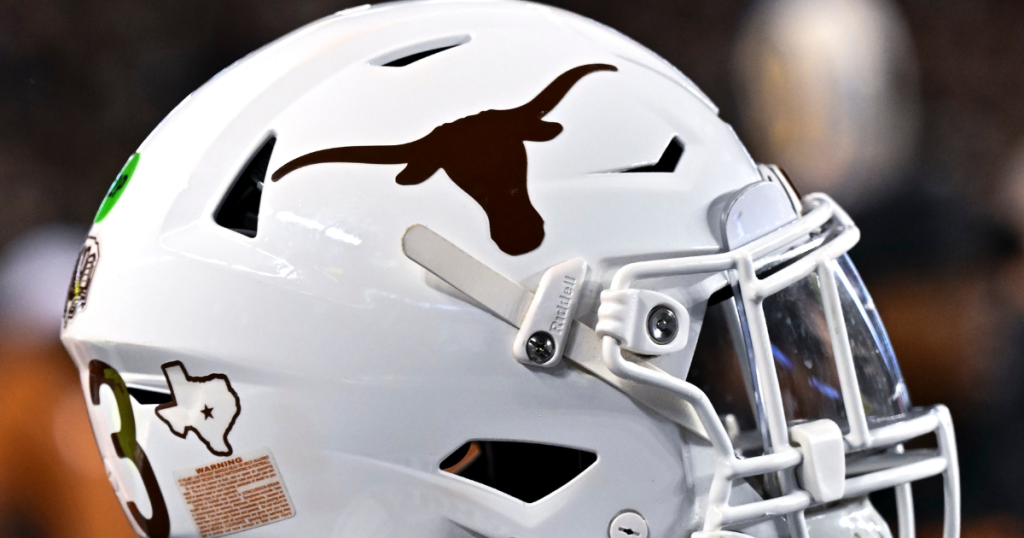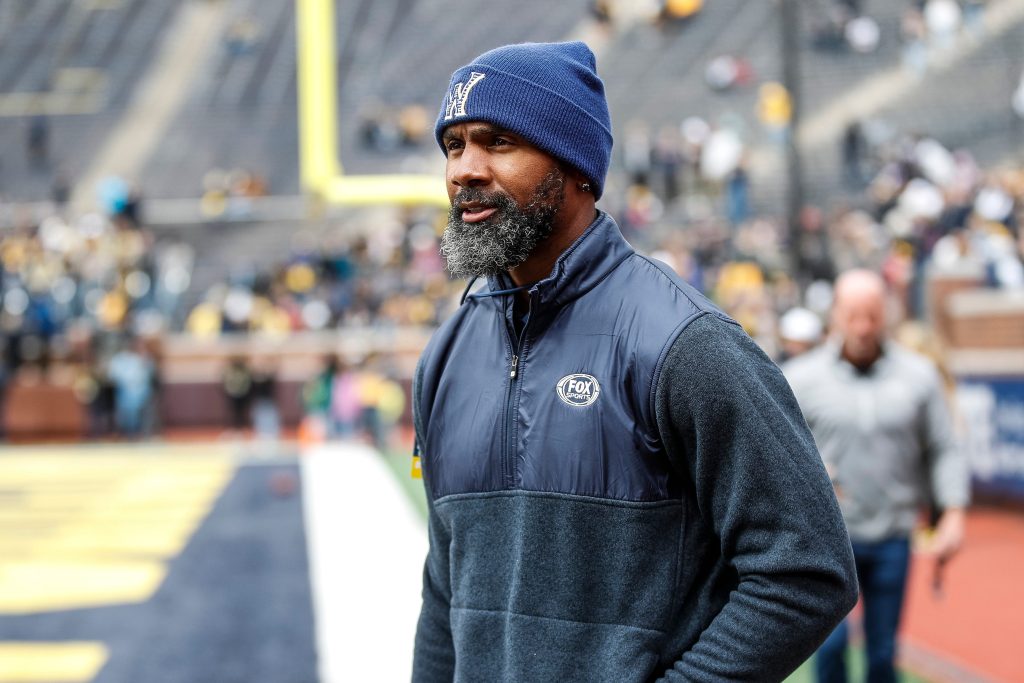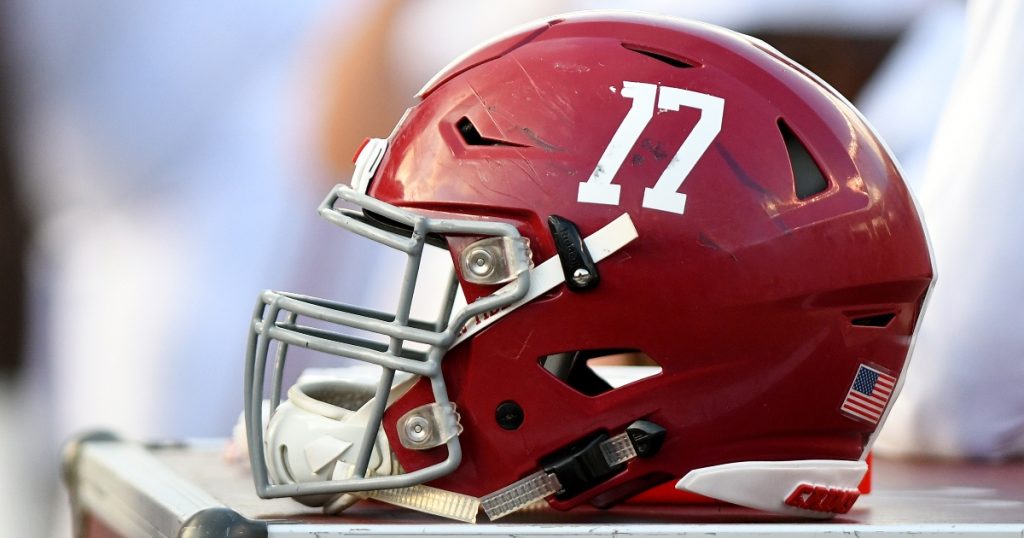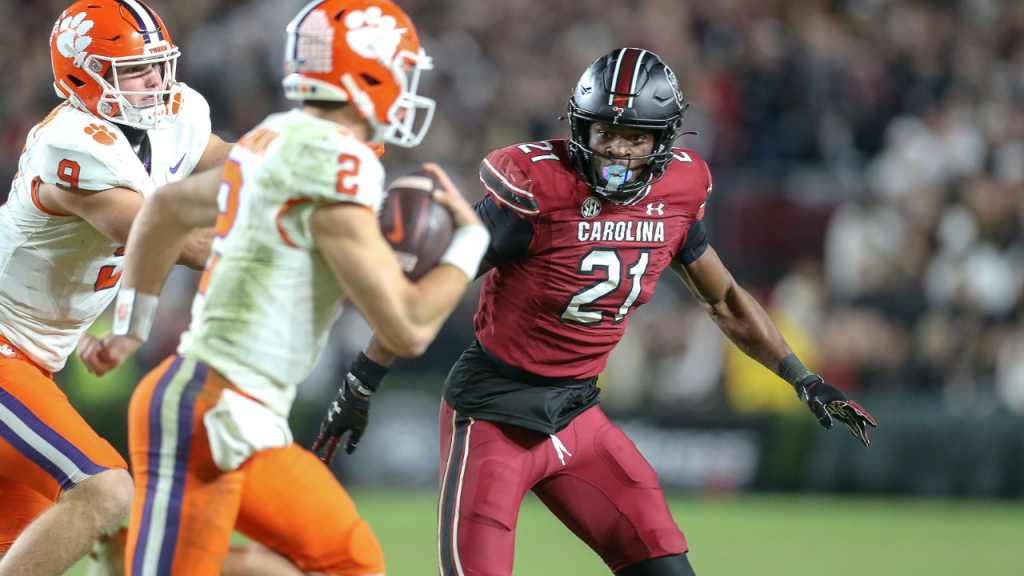The West Virginia Mountaineers are currently navigating a period of significant transition within their football program. After a challenging 6-7 season, which included a 5-4 record in the Big 12, the university has made the bold move to rehire former coach Rich Rodriguez, who had previously led the team to success from 2001 to 2007. However, this shake-up has prompted several key players to enter the NCAA Transfer Portal, raising questions about the future of the team and the impact of these departures.
Key Departures from West Virginia
As the Mountaineers look to rebuild, they must contend with the loss of some standout players. Let’s take a closer look at who has exited the program and what they contributed during their time in Morgantown.
RB CJ Donaldson Jr.
One of the most notable departures is junior running back CJ Donaldson Jr., who has been a crucial part of the Mountaineers’ offense over the past three seasons. With an impressive record of 421 carries for 2,058 yards—averaging 4.9 yards per attempt—and 30 rushing touchdowns, Donaldson has proven himself as a formidable force on the field. He also contributed in the passing game, recording 32 receptions for 190 yards and a receiving touchdown.
Donaldson has decided to transfer to the Ohio State Buckeyes for the upcoming 2025 season. His move raises anticipation about how he will fit into the Buckeyes’ backfield, potentially stepping in to fill the shoes of stars like TreVeyon Henderson and Quinshon Judkins.
WR Hudson Clement
Another significant loss for the Mountaineers is sophomore wide receiver Hudson Clement, who was the team’s leading receiver in the 2024 season. Clement showcased his skills with 51 receptions for 741 yards, averaging an impressive 14.5 yards per catch, and five touchdown receptions. His ability to stretch the field made him a key player in West Virginia’s passing game, and he has proven to be a reliable target with nine touchdown grabs over his two seasons.
Clement is set to leave the Big 12 behind as he has committed to the Illinois Fighting Illini, making a transition to the Big Ten Conference. His departure will surely leave a void in the Mountaineers’ receiving corps that they will need to address.
LB Trey Lathan
The Mountaineers also face a significant loss on the defensive side with the exit of sophomore linebacker Trey Lathan. Lathan emerged as one of the top defenders in the program, finishing the season with 79 total tackles, including 40 solo and 39 assisted tackles, along with two sacks and a forced fumble. His ability to read plays and make crucial tackles made him a standout player for West Virginia.
Lathan has found a new home with the Kansas Jayhawks for the 2025 season. His departure is a major blow to the Mountaineers’ defense, and Coach Rodriguez will have his work cut out for him in finding a replacement who can match Lathan’s production and impact on the field.
Looking Ahead for West Virginia
With these significant departures, the Mountaineers are at a crossroads. The return of Rich Rodriguez brings a sense of familiarity and hope, but the team must now focus on rebuilding and filling the gaps left by these key players. The NCAA Transfer Portal has become a double-edged sword for many programs, providing opportunities for players to find new homes while also challenging teams to maintain their competitive edge.
As West Virginia navigates this transition, it will be essential for the coaching staff to identify new talent and develop existing players to ensure the program remains competitive in the Big 12. The upcoming recruiting cycle will be crucial, as the Mountaineers seek to replenish their roster and build a foundation for future success.
The Impact of Transfers on College Football
The trend of players entering the NCAA Transfer Portal is reshaping the landscape of college football. For programs like West Virginia, it highlights the importance of adaptability and strategic planning. Teams must not only focus on developing their current players but also be proactive in recruiting new talent to fill any voids.
This situation raises an important question: How can programs effectively manage player retention while still allowing athletes the freedom to pursue opportunities that align with their career goals? The answer lies in fostering a positive team culture, providing support for players, and ensuring they feel valued within the program.
As the Mountaineers embark on this new chapter, fans will be watching closely to see how the team adapts to these changes and whether they can reclaim their status as a competitive force in college football. The upcoming season will undoubtedly be a test of resilience and determination for West Virginia, and the excitement surrounding the program is palpable.
In the world of college football, change is constant, and the Mountaineers are poised to face their challenges head-on. With Rich Rodriguez back at the helm, there is hope that the program will rise to the occasion and continue to build on its storied legacy.

